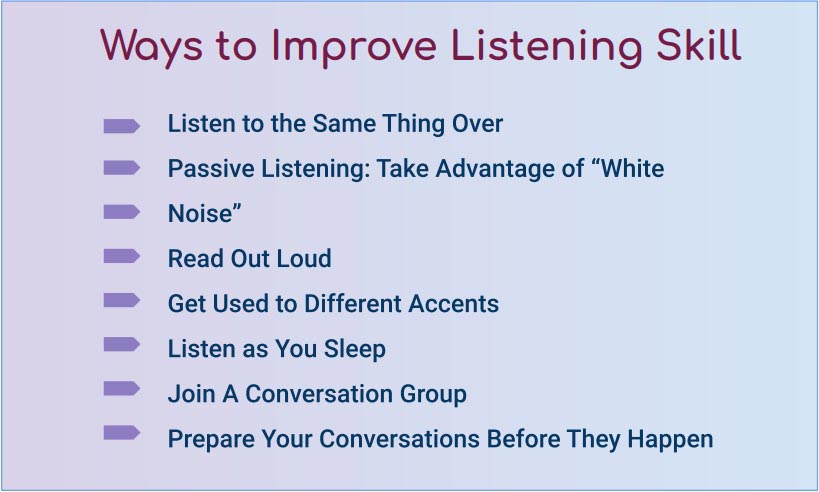All about Speaking as a Communicative Skill
We learn to speak naturally in our mother tongue but linguists have contrasting theories about the process we learn to speak in our mother tongue. However, when it comes about learning a second or a foreign language, most of the linguists agree that it is a very difficult task and it’s a skill that cannot be acquired without effort. So, learning to speak in English for the non-natives of this language requires much effort and practice. Let’s have a brief discussion on speaking a second/foreign language.
What is Speaking?
Speaking is the skill that makes human beings different from and superior to the species of living beings. Speaking is a complex cognitive and linguistic skill. A child learns to speak through interaction with the people around him/her in their native language. Every normal adult can speak in his/her native language without effort and this skill is a natural one. But speaking in a foreign language is not natural and it requires conscious effort throughout the whole process.
Speaking is a verbal skill that involves words and sounds. It also involves:
- Meaning: connotation, denotation, grammar
- Sociality, Relationship, Affect: formal, informal, slang, turn-taking
- Cultural Issues: class, ethnicity, nationality, religion, gender, dialect
- Performance: articulation, projection, pronunciation
- Sound Elements: how volume, pitch, pace, and nature of sound complement/contradict/replace words
Speaking is a production skill that involves listening skill. Without listening, speaking is not possible and the relationship between these two skills is corresponding.
Functions of Speaking:
There are a lot of functions of speaking in human lives every day. However, these functions can be divided into three main categories.
- Interaction
- Transaction
- Performance
Speaking as Interaction
The role of speaking as interaction is mostly of a social conversation. It reflects the roles and the relationships of the speaker in a social setting. For example, chatting to a fellow passenger, telling a friend about an amusing experience, etc. are the interaction that we conduct through speaking.
Speaking as Transaction
The role of speaking as transaction is to make someone understood the message that we want to give to him/her. The focus of this type of speaking is giving and receiving information and obtaining goods/services. For example, classroom group discussions, shopping, making a telephone call, ordering food from a menu in a restaurant, etc. use speaking as transaction of information.
Speaking as Performance
The role of speaking as performance is to transmit information before an audience. It generally incorporates public speaking. It focuses on form, accuracy, organization, and sequencing, etc. of speaking. For example, political speeches, conducting a class debate, giving a lecture, etc. use speaking as performance.
So, by now you must have understood the basics of speaking and the fact that speaking in a foreign or second language is regarded as one of the most complex skills that human being can master. It’s much more difficult when you are living in your native community. However, you can master it if you follow some techniques and exercise them on a daily basis. Don’t worry; we will get back to you with the tips and techniques to improve your speaking skill in English.
Grammar
Read More
- How to Use "Therefore" in Sentences Avoiding Common Mistakes
- How to Use "Whereas" with Examples and Avoid Common Mistakes
- When and How to Use "Thus" Correctly Without Common Mistakes
- How to Use "On the Contrary" Properly with Meaning and Examples
- When and How to Use "Either/Or" with Examples and Common Mistakes to Avoid
- How to Use "On the Other Hand" Effectively without Mistakes
- How to Use "Respectively" with Example and Common Errors to Avoid
- How and When to Use "Moreover" Without Mistakes
- How to Use "Likewise" in Sentences Based on Context & When not to Use
- When & How to Use "Although" in Sentences to Avoid Mistake

